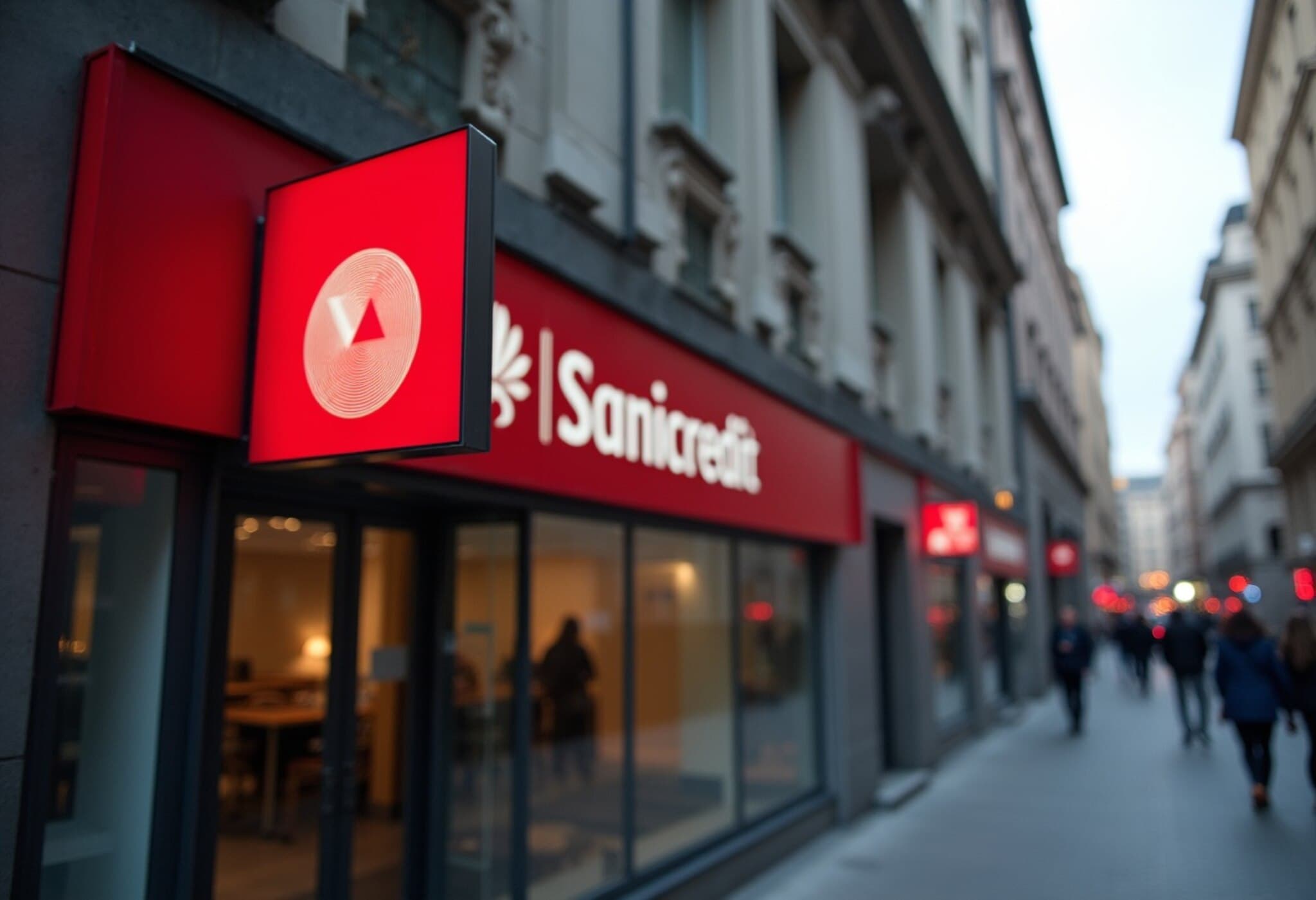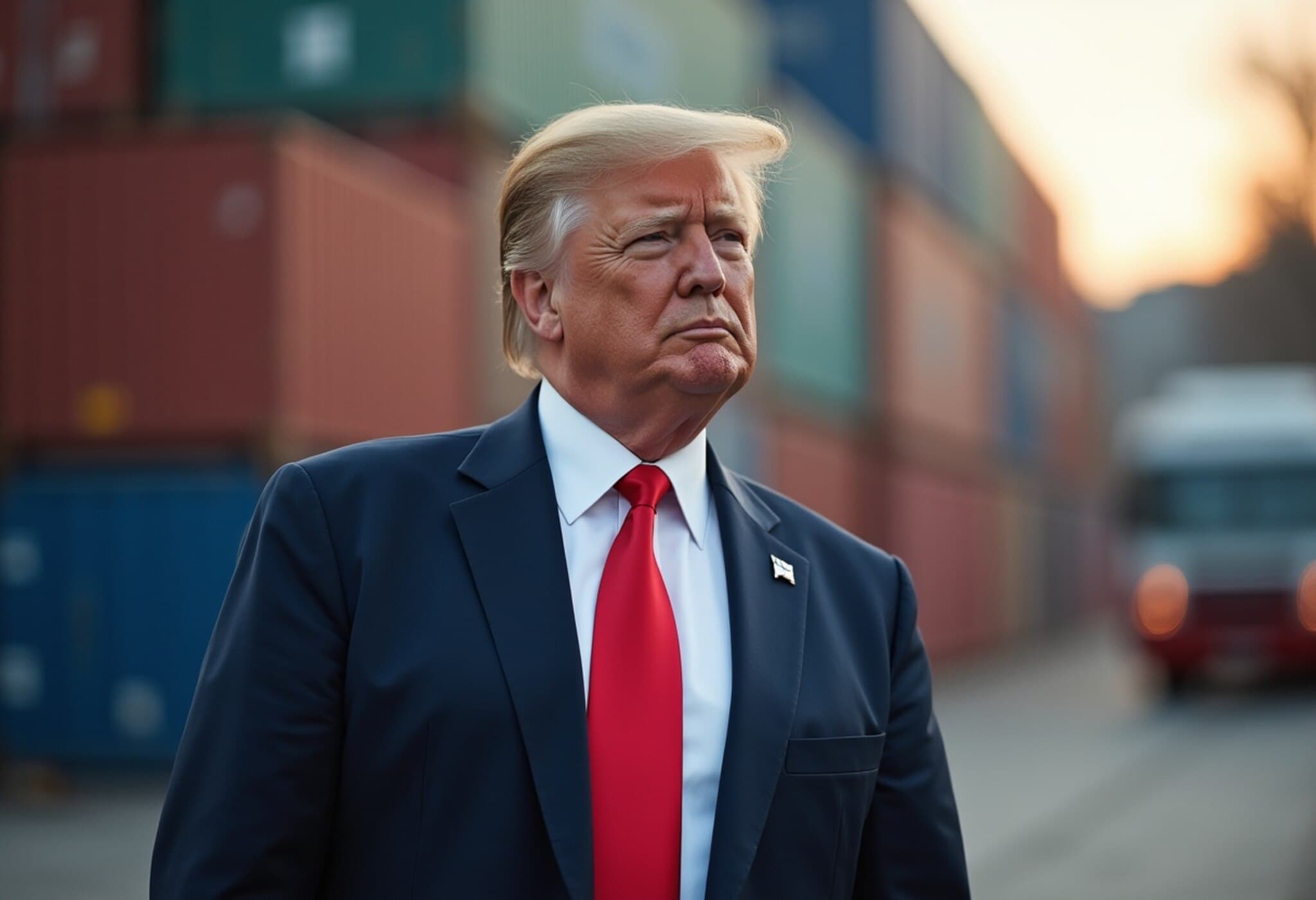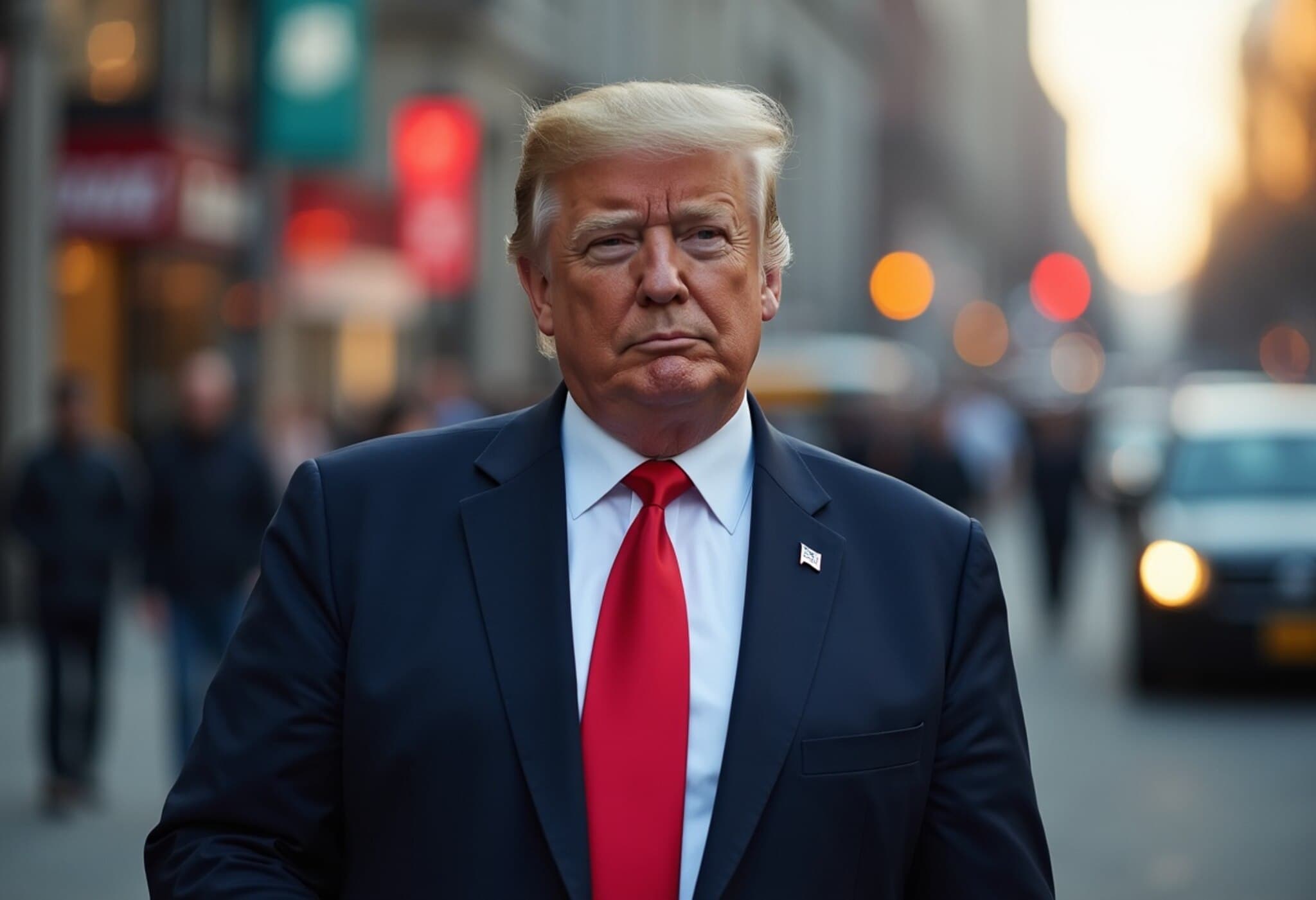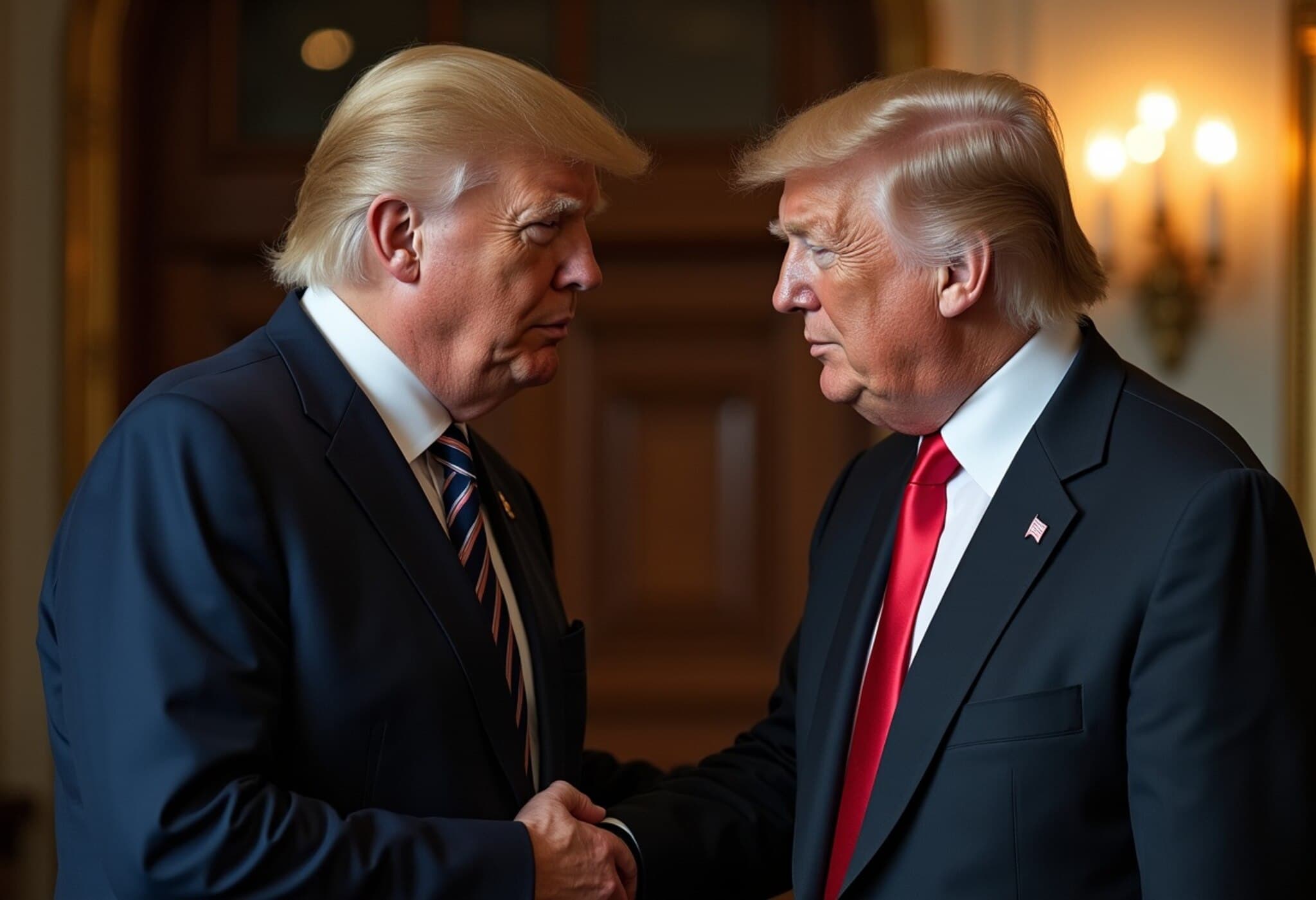European Markets Poised for Strong Opening Amid Trade Optimism
After a period of volatility, European stock markets are positioned to open on a hopeful note, buoyed by optimism surrounding the newly finalized U.S.-Japan trade agreement. Futures data indicate a positive start with London’s FTSE 100 potentially rising by 0.6%, France’s CAC 40 climbing 1.2%, Germany’s DAX up 1%, and Italy’s FTSE MIB increasing 1.2%. Investors are welcoming the trade pact as a sign of easing international tensions and a boost to global commerce.
UniCredit’s Resilient Performance Signals Italian Banking Strength
In corporate news, Italy’s second-largest bank, UniCredit SpA, reported a remarkable 25% year-over-year increase in net profit to €3.3 billion ($3.87 billion) in Q2 2025, including one-off items. Even excluding these, the bank posted €2.9 billion in net earnings, reinforcing its strong financial position. This positive update comes after UniCredit withdrew its takeover bid for Banco BPM, responding to opposition from Italian regulators and political authorities in Rome. The decision underscores the complex balance between market consolidation and regulatory oversight in Europe's banking sector.
Broader Market Context: Cautious Optimism Tempered by Potential U.S. Tariffs
Despite the uplifting news, European stocks experienced declines on Tuesday driven by disappointing earnings from several major continental companies and ongoing anxiety about looming U.S. tariffs set to take effect on August 1 unless new trade agreements are reached. However, the freshly minted trade deal between the U.S. and Japan, which includes a baseline tariff rate of 15% on Japanese exports, has eased some investor concerns, stabilizing global market sentiment.
Key Earnings and Economic Data to Watch
With earnings season gaining momentum across Europe, investors will closely monitor upcoming reports from heavyweights such as Siemens, Volkswagen, and LVMH, along with data releases including flash consumer confidence figures. These indicators will offer insight into both corporate health and consumer sentiment, critical factors shaping market trajectories in the coming weeks.
Expert Insights: Navigating a Complex Global Landscape
Trade agreements like the U.S.-Japan deal are vital lifelines in today’s interconnected economies, helping to mitigate risks of protectionism that could stifle growth. However, the future remains uncertain as policymakers walk a fine line between fostering international cooperation and responding to domestic pressures for protection.
UniCredit’s robust earnings highlight a notable exception in a challenging financial sector, suggesting that strong management and strategic focus can weather geopolitical headwinds. Yet, the shelving of the Banco BPM takeover highlights the persistent regulatory complexities and political sensitivities that continue to shape European banking consolidation efforts.
- Market watchers: Should remain alert to upcoming U.S. tariff decisions and their ripple effects on European and global markets.
- Investors: Need to balance enthusiasm from positive earnings with caution about macroeconomic uncertainties.
- Policymakers: Face ongoing challenges in maintaining trade stability while responding to national interests.
Looking Ahead
As Wednesday progresses, unfolding corporate earnings and consumer confidence stats will either solidify or reshape today’s optimistic market outlook. The interplay of trade diplomacy and economic fundamentals reminds us that behind every market movement lies a complex web of human decisions, strategic imperatives, and geopolitical realities.
Editor’s Note
This market update reveals how interconnected global trade and local regulatory environments can profoundly influence financial markets. The recent U.S.-Japan trade deal brings cautious optimism, but vigilant monitoring of protectionist tendencies remains crucial. UniCredit’s earnings success serves as a beacon amid uncertainty, yet Italy’s regulatory pushback against bank mergers signals deeper structural challenges in Europe’s banking sector. Readers are encouraged to consider how these dynamics might shape investment strategies and economic policies in the months ahead.



















